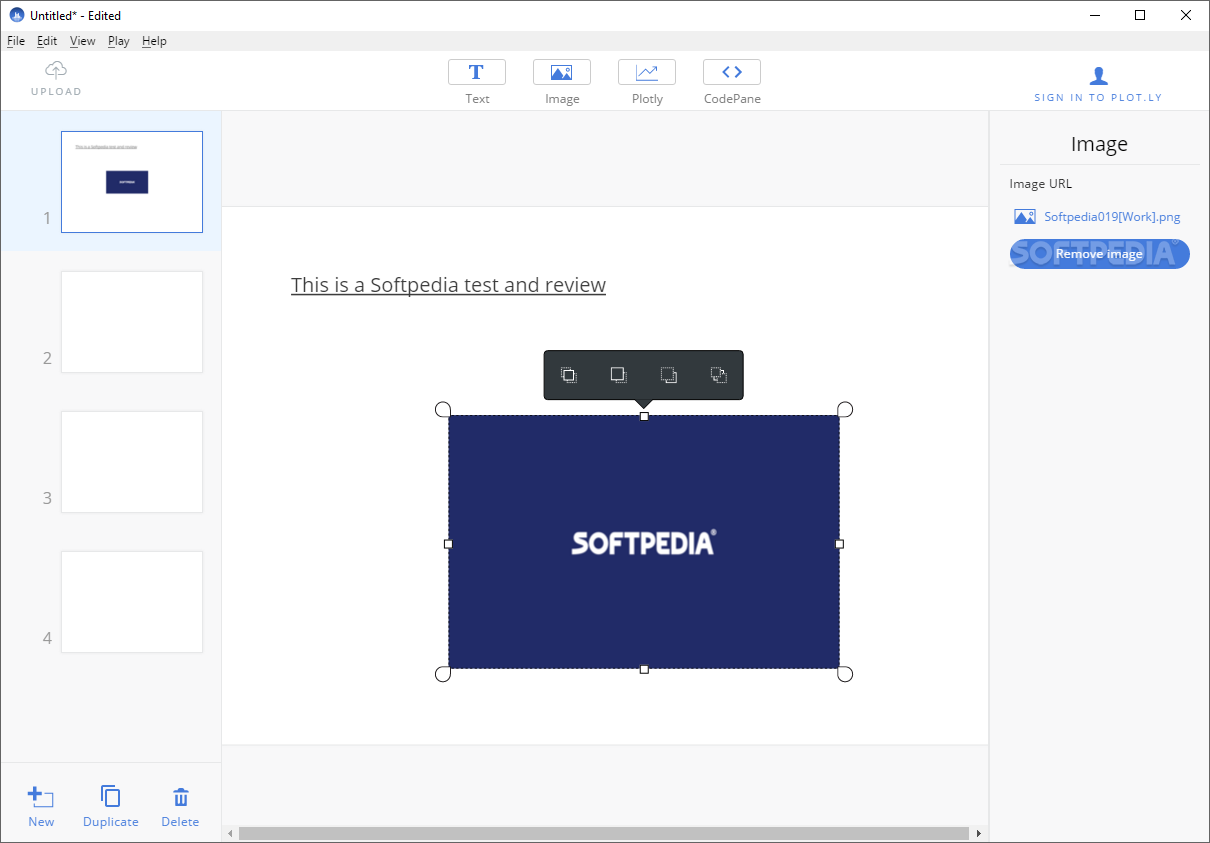Nov 27, 2012 I'm having problem playing mkv files through USB port on my Roku 2 XS. There's no sound. Audio Track #1 of codec A_AC3 is not of. USB port - MKV no sound #15. Divx avi codec.
 In this chapter, Hall highlights racial and ethical difference and how they are represented in the media today - however his ideas can be equally applied to other dimensions of difference such as gender, sexuality, class, disability etc. He presents theories about stereotyping and the practice of representing difference in the media - whether it can be transformed to contest negative images and transform them into a more positive representation. Hall additionally analyses how representation of difference can engage feelings, attitudes and emotions, and can also create fear and anxiety in the viewer.
In this chapter, Hall highlights racial and ethical difference and how they are represented in the media today - however his ideas can be equally applied to other dimensions of difference such as gender, sexuality, class, disability etc. He presents theories about stereotyping and the practice of representing difference in the media - whether it can be transformed to contest negative images and transform them into a more positive representation. Hall additionally analyses how representation of difference can engage feelings, attitudes and emotions, and can also create fear and anxiety in the viewer.They explore representation as a signifying practice in a. THE SPECTACLE OF THEOTHER Stuart Hall.
Creating the initial configs I used the standard download of firmware and configs from Polycom to seed a base directory. I'll answer as best I can. If something here doesn't make sense or you're curious, post a comment. Polycom configuration file generator tool.
Motion dive tokyo demo. They can be overlaid as you want and you can also set the transparency. It will be very easy to do it. You can add images, videos and text. You will just have one audio track and two for visuals. Motion Dive.Tokyo lets you create your VJ sessions easily.
- 223 THE SPECTACLE OF THE 'OTHER' Stuart Hall Contents 1 INTRODUCTION 225 1.1 Heroes or villains? 226 1.2 Why does 'difference' matter? 234 2 RACIALIZING THE 'OTHER 239.
- ETHNIC TOURISM: THE SPECTACLE OF THE OTHER. Reflects the unequal power relations between the Global North and the Global South, or according to Stuart Hall.
 Hall demonstrates that those different from the majority ('them' instead of 'us') are often exposed to representations in binary form through opposed, polarised extremes - one of the other. E.g. good/bad, ugly/attractive, repelling/compelling.
Hall demonstrates that those different from the majority ('them' instead of 'us') are often exposed to representations in binary form through opposed, polarised extremes - one of the other. E.g. good/bad, ugly/attractive, repelling/compelling.This raises the question as to why, as a society, we do this and why we jump to these extremes. Why is 'otherness' so compelling an object of representation?
When reading this, I began to think that establishing people as 'different' is a selfish act to make oneself feel as if you are more included and have a place in society in comparison to those who do not because they are unique. This begs the question that Hall presents; how is the representation of 'difference' linked with questions of 'power'?
Bakhtin argues that we, as a society, need 'difference' in order to construct meaning. However meaning cannot be fixed and one group cannot be entirely in charge of meaning - it is always changing.
Society Of The Spectacle
I agree with this when taking into account the change in 'trends' that is constantly happening. Things become fashionable very quickly and everyone follows suit, such as punk rock. However the meaning changes with time as in this example, people who associate themselves with this group by dressing in punk clothes, listening to certain music, having a particular outlook on the world are now seen as outdated. This change cannot be controlled.Hall explains that the question of 'otherness' and 'difference' has come to play an increasingly significant role as difference is ambivalent - it can be positive or negative. Therefore it could cause danger, hostility and aggression towards the 'other'.
Richard Dyer (1977) raises an important distinction between typing and stereotyping.
He presents that we use types to make sense of the world as we place things in terms of categories. We come to 'know' someone by thinking of the roles they perform, assigning them to a group according to class, gender, age etc and we place them in a personality type. This builds a picture of them by what we gather from 'typing' him/her.
'A type is any simple, vivid, memorable, easily grasped and widely recognised characterisation in which a few traits are foregrounded and change or development is kept to a minimum.' - Dyer.
Therefore, stereotyping is getting hold of the 'simple, vivid, memorable, easily grasped and widely recognised' characteristics about someone, reducing everything about them to those traits and exaggerating and simplifying them.